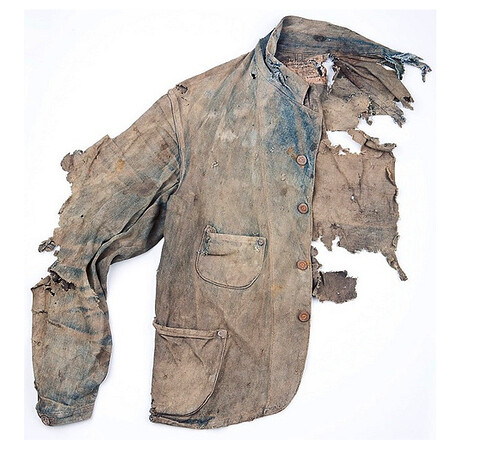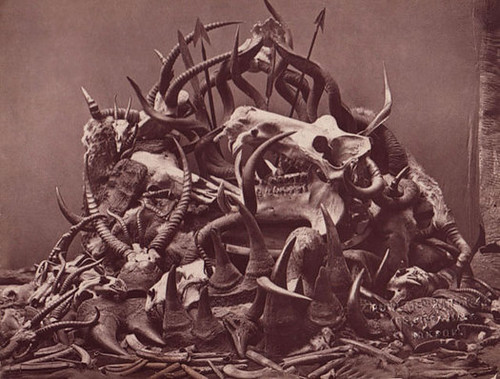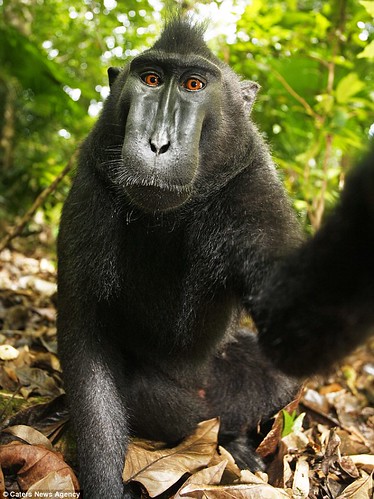
"When the real world is transformed into mere images, mere images become real being - dynamic figments that provide the direct motivations for a hypnotic behavior. Since the spectacle's job is to use various specialized mediations in order to show us a world that can no longer be directly grasped, it naturally elevates the sense of sight to the special pre-eminence once occupied by touch: the most abstract and easily deceived sense is the most readily adaptable to the generalized abstraction of present-day society. But the spectacle is not merely a matter of images, nor even of images plus sounds. It is whatever escapes people's activity, whatever eludes their practical reconsideration and correction. It is the opposite of dialogue. Wherever representation becomes independent, the spectacle regenerates itself."There is one thing I've been avoiding in all my discussion of heroism, and that is other people. To be a hero, you don't just have to go through hell, you also have to go through Sartre's hell.
Thesis 18, "Society of the Spectacle", by Guy DeBord
Johnny Hoogerland had heroism thrust upon him, which is to say he is very unlucky indeed. When he and Juan Antonio Flecha were sideswiped by a mishandled car, he was flung upside down at about 30 mph through a barbed wire fence. Not for the squeamish:
He untangled himself, replaced his tattered bib and jersey, and was given some gauze and a functional bike, which he pedaled another 36.5 km to the finish line on shredded legs. From the finish line he went to the podium: in the course of the breakaway leading up to the crash, he had earned enough points to take the lead in the king of the mountains classification. From the podium he went to the hospital, where he was given 33 stitches and quite a lot of painkillers. He hardly slept. As Red Kite Prayer so nicely put it, "Not that climbing out of barbed wire and riding our bike even five miles is impossible—no, the point is that to most of us such an act is unthinkable.... no bike race I might conceivably win has the power to redefine me so completely as a person that getting back on the bike becomes a reasonable sacrifice. After all, that’s what we’re talking about. Getting back on the bike is a sacrifice; in doing so, you are giving up a level of wound care and pain relief that are the first priority to the rest of us."

This disconnect and the striking image of Hoogerland falling over a startling horizontal distance into the barbed wire are what turned Johnny Hoogerland into an icon, and thus into a hero. Heroism is socially mediated: without press, a hero is only another brave person. Ultimately, it's not about what they do, it's about what we do with what they do. Though two men were struck by that car and both continued the race, no one wrote "it doesn’t matter whether you are you – average, anonymous you – or Juan Antonio Fucking Flecha"; cycling websites didn't publish hospital photos of Flecha. I'm not ignoring the gap in the severity of their injuries, but if that were the only metric, Flecha would be getting at least some coverage too. The dude got hit by a car too, after all, and landed hard on the road. But Hoogerland fucking flew into that fence, and where the practical impact their respective injuries had on their joints and muscles is unknowable, the blood dripping down Johnny's calves was unmistakable. The tearful podium presentation to cap it off was so dramatic and so neat a conclusion that even the slightest whiff of artifice would have spoiled it. But who could be so crass? There's nothing cheesy about a real person getting really hurt.

And this is where Johnny Hoogerland's story eludes DeBord's broader critiques. There is certainly an element of the consumerist spectacle in the crash and its conceptual fallout: the passive, entranced crowd on "Society of the Spectacle's" cover, their goggles united in a flat, single angle of perspective could easily be watching that crash footage. But for all its mesmeric imagistic power, there is some buffer for social reality underlying this particular spectacle. Because this isn't about his cycling style, or anything anyone said or wrote or planned. This is about getting hurt and that is the most universal thing of all. In that sense, the crux of Johnny Hoogerland's story is the simple, irreducible fact that he is a man.


No comments:
Post a Comment